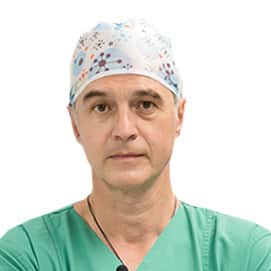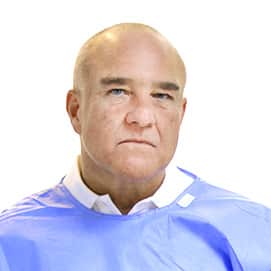Hemorrhoids belongs to the category of topics that are taboo when communicating with others. Of course, no one is forbidden to talk about hemorrhoids, but most people feel uncomfortable about it. Of course, the same can be said not only about this disease, but about all the symptoms of the intestines. At the same time, more than 50 percent of people over 30 suffer from hemorrhoids. In men, it occurs more often: over the age of 30, hemorrhoids develop even in 70 percent of the male population. However, this is only a rough estimate, since many cases of this disease remain unaccounted for.
Both people without medical education and qualified medical personnel often call hemorrhoids discomfort in the perianal region and perineum.
Hemorrhoids (from the Greek words "αἷμα" (haíma) 'blood' and ῥεῖν (réin) 'flow') are arteriovenous vascular plexuses located under the rectal mucosa and contributing to the closure of the anus.
When a person or a member of his family first develops hemorrhoids, the most common question is what is this disease in general. In principle, hemorrhoids are an integral part of the intestine. They can be located on the border of the rectum and the anus and, together with the sphincter, provide closure of the anus. Thus, bowel movements can only be carried out under human control. Therefore, initially hemorrhoids do not represent anything bad, and are even a natural component of the human body. As for the origin of the term, with its literal translation, we will get nothing more than a blood flow ..
Hemorrhoids can be imagined as cavernous bodies. This is a richly vascularized tissue, which, thanks to the swelling of the choroid plexus, keeps feces in the intestine. When the swelling of the vessels decreases, the intestines can be released. Nerve receptors located in the rectum signal to a person that he needs to visit the toilet. Now the person can give the corresponding “order” so that the cavernous bodies ease their tension. In this case, there is an outflow of blood from the hemorrhoids and the bowel is emptied.
Head of the Clinic for General, Visceral and Minimally Invasive Surgery
Head of the Clinic for General, Visceral, Thoracic and Endocrine Surgery
Video
Request appointment
Useful links
Photo gallery










